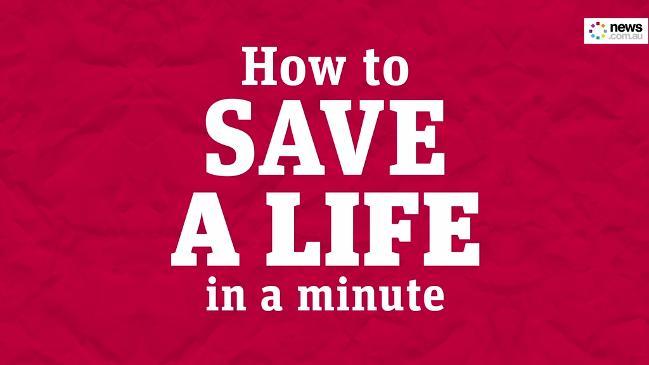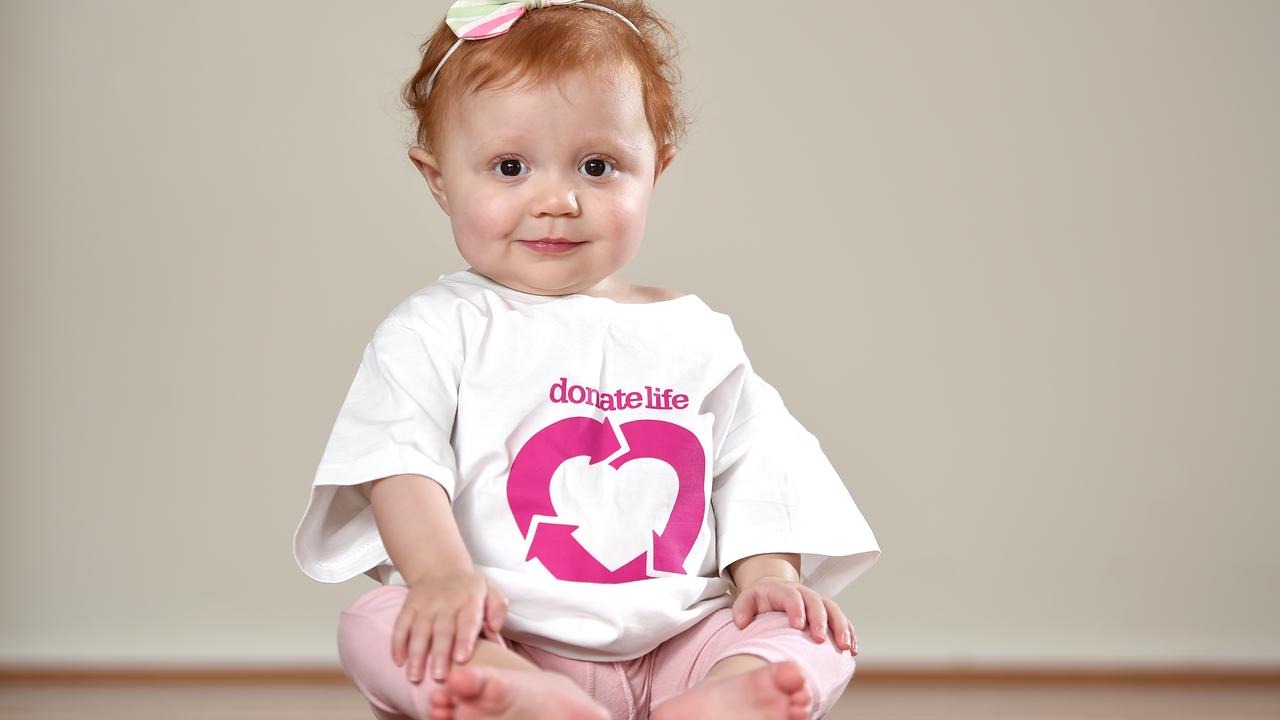Life-and-death mistakes Aussies are making
IT’S a concept most Australians agree with, but there is a crucial mistake we are making that is costing people their lives.

NOT many people realise how rare it is to die in circumstances that make it possible for them to donate their organs.
While 6.5 million Australian aged 16 or over have registered to be an organ and tissue donor, most of these people won’t go on to become donors.
Last year the families of just 1093 people were asked to consider organ donation, a tiny fraction of the more than 76,817 people who died in hospital. Overall, about 100,000 Australians die each year.
The reality is just 2 per cent of all hospital deaths happen in a way where organ donation is possible.
Being found eligible to donate is just the beginning because only half of those who can donate, actually do. In Australia just 510 went on to donate their organs last year.
Even if you ticked the box on your licence registration, this does not necessarily mean your organs are donated. This is because people may not have completed the necessary steps to ensure it happens.
The first step is to register on the Australian Organ Donor Register. While some may have registered via the old driver’s licence system, their details may not have been transferred across to the register depending on which state they live in.
REGISTER: To become a registered organ donor, click here
STEP-BY-STEP: How to save a life in one minute
The other crucial step is to speak with family and inform them of the decision because they will still make the final decision about the donation, regardless of whether a person is registered or not.
“Sometimes they might not know their loved one is registered,” Dr Opdam told Organ and Tissue Authority national medical director Dr Helen Opdam told news.com.au.
“Particularly if it was a long time ago or if they registered through the old licence system, they sometimes say the person changed their mind.”
Dr Opdam said it was important for people to let their families know how they felt about organ donation even if they were registered to be a donor, because about 10 per cent of families still refuse to let the donation go ahead.
“It can be quite hard for the family, they generally want to uphold the wishes of the person, so having a direct conversation and knowing first hand they want to be a donor, and if they have taken the trouble to register — I think very few people wouldn’t agree,” she said.
Even for those that do tell their families, they should be sure to register. Only 73 per cent of families agreed to a donation if the loved one was not on the register, even if they had been told of their wishes.
The two-step process is extremely important to increasing donations, especially because very few people die in circumstances that make them eligible to be donors.
Organ donors must die in hospital after being declared brain dead, or after circulatory death — which is when your heart and lungs stop working.
“The biggest limiting factor is (you have to) die in hospital, on a ventilator,” Dr Opdam said.
The criteria is less strict for eye and tissue donations because they can be donated up to 24 hours after death, regardless of where you die. In fact, more than 9000 Australians benefited from eye and tissue donation in 2017.
“Some people think they’re too old or not healthy enough but this is not true — don’t rule yourself out,” Dr Opdam said.
“If you die in circumstances where donation is possible — the suitability of what can be donated will be determined then.”
Last year, just 510 Australians donated their organs. This is compared to the more than 1000 people on the waiting list for a transplant.
In Australia, people generally wait between six months to four years for an organ transplant, and in some cases it can take even longer.
Sadly, 35 people died while on the waiting list for a transplant in 2016 and just 48 per cent (1488 patients) of the more than 3000 Australians waiting for an organ were able to undergo a lifesaving transplant.
News.com.au is supporting organ donation during DonateLife Week, click here to read more





